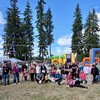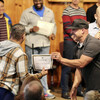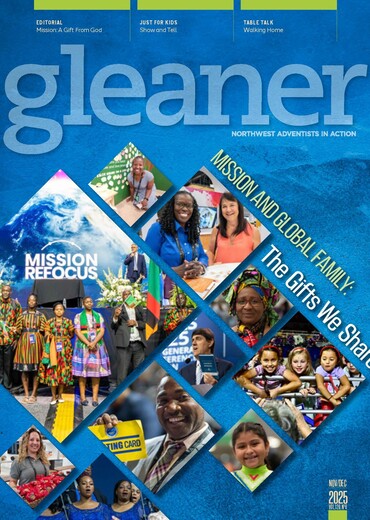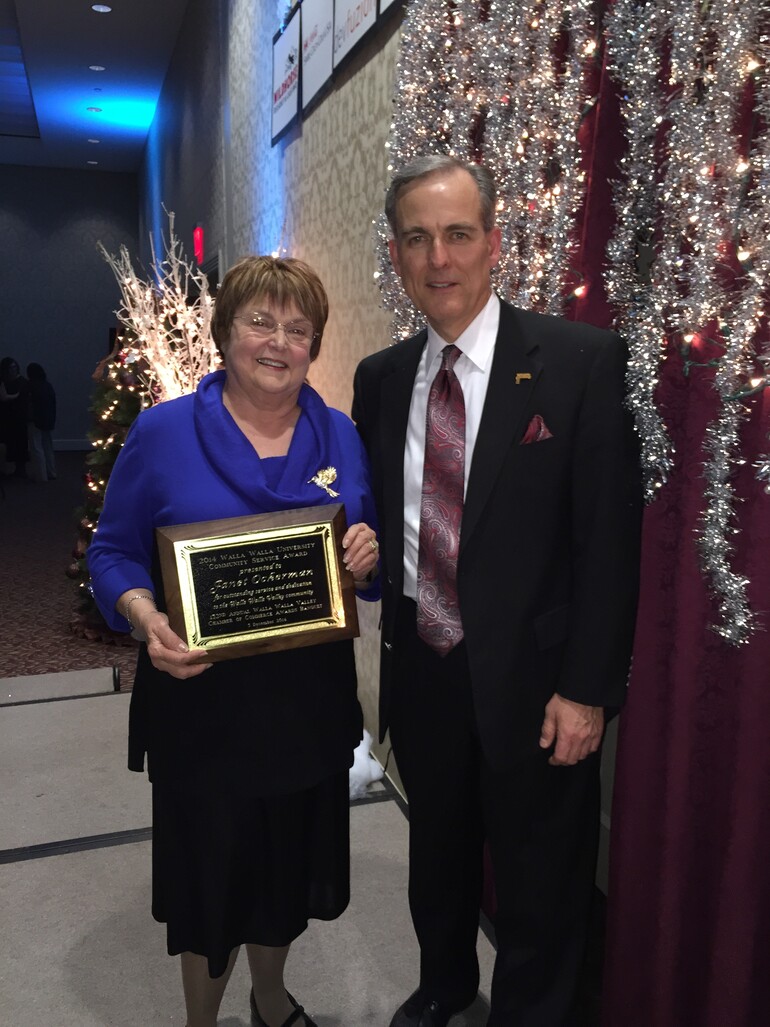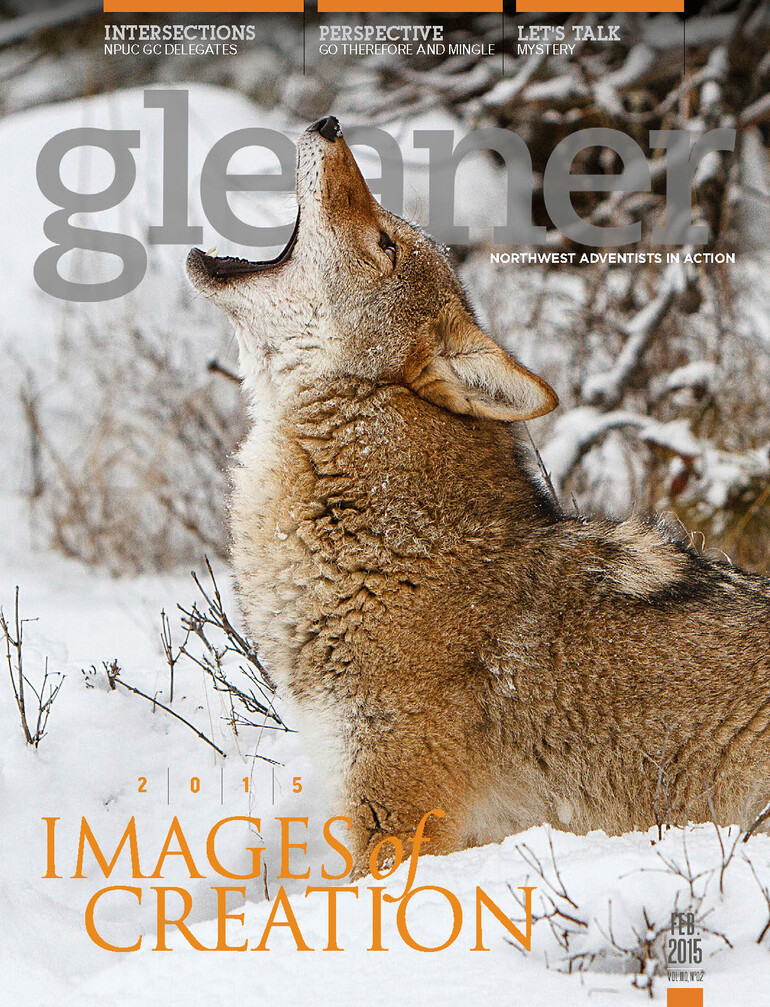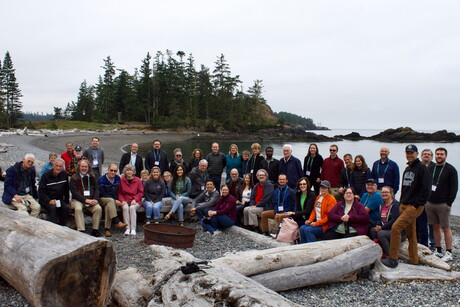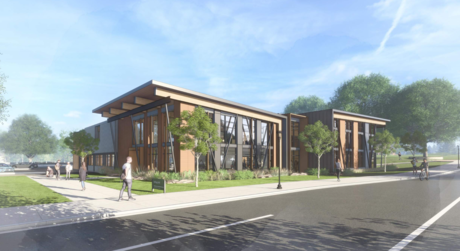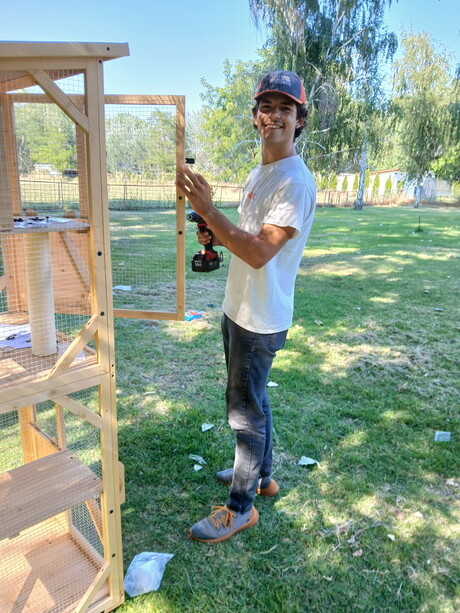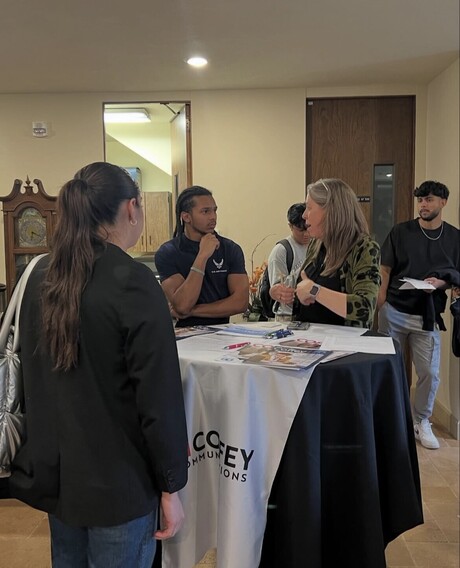In this race of life, “we don’t all start at the same place,” says Janet Ockerman, Walla Walla University (WWU) social work and sociology professor. “That doesn’t mean you aren’t going to be at the same ending place. It just means that you might need some additional help to get there.”
“That’s a different philosophy than saying somehow that we change the standards,” she adds. “I don’t believe in changing the standards. I believe that people can reach whatever the standard ought to be; they just may not all reach it in the same way.”
Ockerman was recently awarded the 2014 Walla Walla University Community Service Award, but that isn’t where her race began.
She grew up on a small tobacco farm in the hills of Kentucky, where she got her activist passion from her mother and grandmother who well understood the plight of the poor — since they were poor themselves.
When she was 12, Ockerman decided she didn’t want to work on a tobacco farm all her life, and she turned her attention to education. She graduated from high school as valedictorian and never looked back.
She now has a bachelor’s degree in sociology, two master’s degrees and a doctorate. Her prolific research covers such areas as housing, child welfare, migrant education and Native American health care — even the cultural implications of salmon fishing in Washington and Alaska.
Academic accomplishments weren’t the finish line for Ockerman, however. “Part of my family’s culture was always the Christian worldview,” she says. “Jesus said, ‘I was hungry and you fed me.’ That is what has been a central driving piece for me and continues to be.”
Ockerman recently assisted with the Walla Walla Community Council Report on Improving Food Security, which seeks to improve access to food in Walla Walla.
She works with the local senior center to assist older individuals who need a hot meal or a place to spend the day while their family members work.
She has also volunteered for the Star Project, an organization that supports people who have been recently released from prison.
In a town like Walla Walla that has three colleges, Ockerman says WWU stands out. “Our specific focus on service means that we plan for it more, and we strive to model it more for our students.”
“Some people sit back and say, ‘Well, I’ll give some money,’ and that’s a great thing,” says Ockerman. “But I think sometimes giving something of yourself is more important — whatever that is. You might not have much, but whatever you have you can share.”
